The Sri Lanka Press Institute (SLPI) hosted the first in a series of Webinars – Media Salons – on ‘Stress & Mental Health Reporting in a Time of a Pandemic’ on April 30, 2020 at 4 pm. There were in all 47 participants consisting journalists representing both the print and digital industry. The speakers were:
The Sri Lanka Press Institute (SLPI) hosted the first in a series of Webinars – Media Salons – on ‘Stress & Mental Health Reporting in a Time of a Pandemic’ on April 30, 2020 at 4 pm. There were in all 47 participants consisting journalists representing both the print and digital industry. The speakers were: Consultant Psychiatrists Dr Neil Fernando and Clinical Psychiatrist Dr. Kanthi Hettigoda. Dr. Hettigoda is from the General Sir John Kotelawala Defense Hospital. Press Complaints Commission of Sri Lanka (PCCSL) Complaints Officer – Sinhala Print Mr. Kamal Liyanaarachchi was the moderator. The event was sponsored by IREX – USAID.
Dr. Fernando during his presentation stressed the importance of maintaining a balanced state of mental well being especially for journalists and the importance of accurate reporting during a pandemic situation.
He advised journalists at all times when reporting to use comments from experts, that is from a person who is specialized in the subject when making statements to the media. He added that sensationalism and scaremongering in whatever language must be avoided at all times. The necessity to be cautious of using images of people in masks; conflicting information regarding the efficacy of different kinds of masks and educating the public of the correct use of masks.
Journalists also must be careful when reporting concerning minorities. This is a very sensitive area. Therefore the need to avoid racial profiling and discrimination in reporting against certain groups of people must be avoided at all times.
Dr. Fernando in conclusion gave some tips for journalists to follow in order to be healthy and stay safe. They were: During field visits to follow health guidelines such as personal hygiene, physical distancing and disinfecting equipment. Journalists must maintain their mental health by ensuring adequate sleep, healthy eating, taking a break from work, switching off news and social media and exercise regularly. It is normal for journalists to feel affected by stories and images and that is why they have been advised during their rest period to avoid looking at news bulletins and being in touch with social media. This helps calm the mind.
Dr. Hettigoda in her presentation discussed the steps used to maintain a good mental condition such as practicing hobbies. She emphasized that hobbies helps overcome stress and promotes positive thinking especially during pandemic situations like the COVID-19.
During her lecture, she talked about the stress conditions prevailing in society. She explained how to overcome stress as a journalist as well as a normal citizen. She encouraged the importance of repairing relationships with relatives during this situation, taking action to improve self development, discussing future plans with the family in order to plan a better future, practice good habits to maintain clear consciousness and practicing religious rituals to maintain mental well being.
Mr. Kamal Liyanaarachchi added the importance of media ethics, Safety and Responsibility that a journalist can adhere to while engaging in the job. Core principles of ethical journalism; Truth and Accuracy, Fairness and Impartiality, Humanity, Accountability and Independence were emphasized. As a journalist he or she must be able to understand the mental imbalance of a person and address them carefully.
/end-Sukumar May 18, 2020

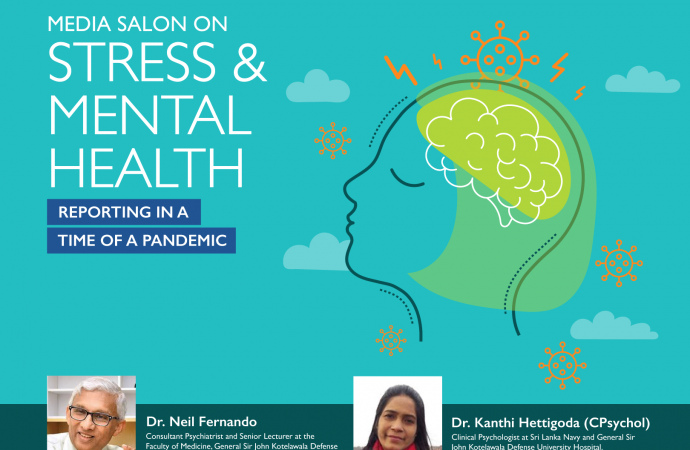
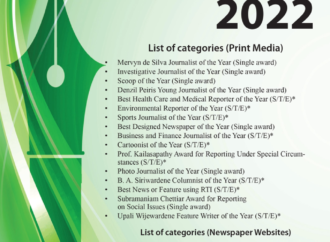
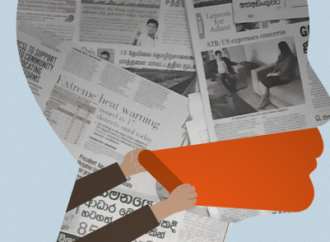

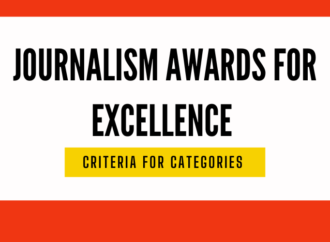

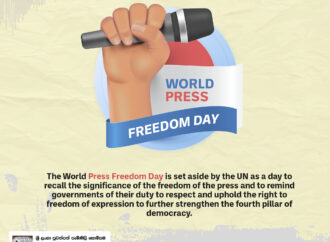
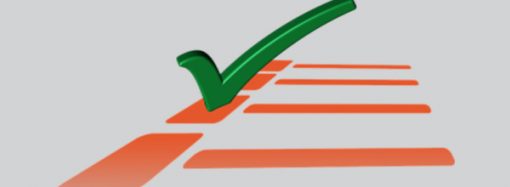
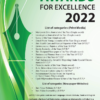





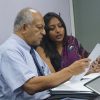


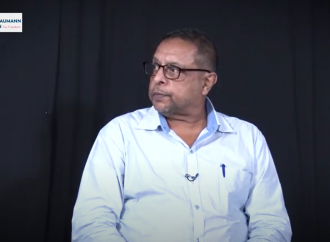
Leave a Comment
Your email address will not be published. Required fields are marked with *